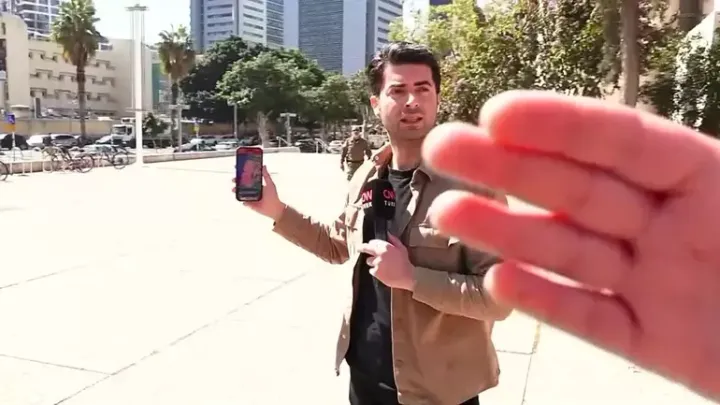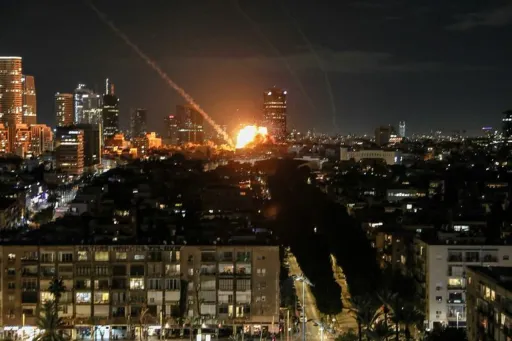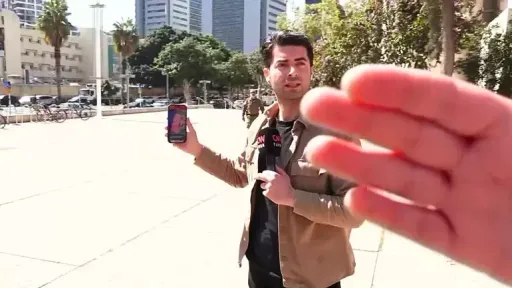Turkey’s National Security Council has called on actors in Syria to halt actions that could worsen the ongoing humanitarian crisis in the war-weary country.
In a three-hour meeting chaired by President Recep Tayyip Erdogan in the presidential complex in the capital Ankara on Tuesday, senior Turkish officials discussed foreign policy, terrorism, and regional developments, said a council statement.
Stressing the crucial importance of permanent and sustainable peace in Syria while protecting the country's territorial integrity and political unity, the council said, Turkey would support any initiative to bolster peace and stability in the region.
It also called on all actors in Syria to put an end to acts that would deepen the ongoing humanitarian crisis in the country now in its tenth year of civil conflict.
READ MORE:EU-Turkey refugee deal: Five years on
Syria has been embroiled in a vicious civil war since early 2011 when the Bashar al Assad regime cracked down on pro-democracy protests with unexpected ferocity.
Turkey currently hosts nearly four million Syrians, making it the world's top refugee-hosting country.
It is also providing protection and humanitarian assistance to more than five million internally displaced people in northern Syria.
Greek human rights violations
The council also called on Greece to act in line with good neighbourly relations and abide by international law, instead of stepping up its policies against Ankara.
Greek human rights violations against its Turkish minority and irregular migrants were among issues tackled at the meeting, according to the statement.
On the crisis in the Eastern Mediterranean, it said countries from outside the region should take a neutral position and a common approach protecting mutual rights and benefits.
Turkey, which has the longest continental coastline in the Eastern Mediterranean, has rejected the maritime boundary claims by Greece and the Greek Cypriot administration, stressing that those maximalist claims violate the sovereign rights of Turkey and the Turkish Cypriots.
Ankara last year sent several seismic vessels to explore for energy in the Eastern Mediterranean, asserting its rights in the region, as well as those of the Turkish Republic of Northern Cyprus (TRNC).
Turkish leaders have repeatedly stressed that Ankara is in favour of resolving outstanding problems in the region through international law, good neighbourly relations, dialogue, and negotiations.
On the issue of Cyprus, the security council underlined the indispensable need for a permanent and fair resolution based on two independent states to be put on the agenda, adding that the present nearly-half-a-century-old approach that ignored the existence of Turkish Cypriots on the island had been fruitless.
READ MORE: Turkey-Libya ties are becoming a game-changer in the region
Political process in Libya
The council also welcomed the political process and progress in Libya and noted that Turkey would continue to provide all manner of support to ensure security, peace and prosperity in the North African nation.
Libya has been torn by civil war since the ouster of late ruler Muammar Gaddafi in 2011.
The war was exacerbated when warlord Khalifa Haftar, supported by several countries, including the United Arab Emirates, Egypt, Russia, and France, conducted a military onslaught to topple the Tripoli-based internationally recognised government for control over the country.
On October 23, 2020, a cease-fire was reached under the auspices of the UN, which Haftar's militia has since violated from time to time.
On February 5, Libyan delegates elected Mohammad Menfi to head a three-member Presidential Council and Abdul Hamid Dbeibeh as the new prime minister.
The council was also briefed on efforts against groups targeting Turkey's national unity and prosperity, especially terror groups including the PKK/YPG, Daesh and the Fetullah Terrorist Organization (FETO), the group behind the 2016 defeated coup in Turkey.
In its more than 35-year terror campaign the PKK, listed as a terrorist organisation by Turkey, the US, and the EU, has been responsible for the deaths of 40,000 people, including women, children and infants.
The terrorist YPG is the PKK's Syrian branch.
READ MORE: Will Ankara’s open-door policy prevail in the eastern Mediterranean?























